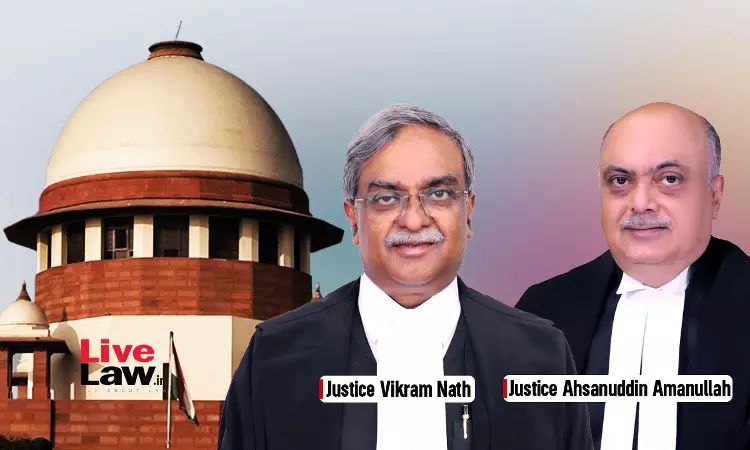Vendor Cannot Execute Second Sale Deed While First Sale Deed Executed Over Same Plot Is Pending Registration: Supreme Court
Debby Jain
20 July 2024 12:43 PM IST

Next Story
20 July 2024 12:43 PM IST
The Supreme Court recently held that a vendor who has executed a sale deed cannot execute another deed with respect to the same plot just because the first sale deed is pending registration. The moment a deed is executed, the vendor loses all rights over the property and he cannot claim any right just because the deed has not been registered, it further stated.The Court also opined that the...
